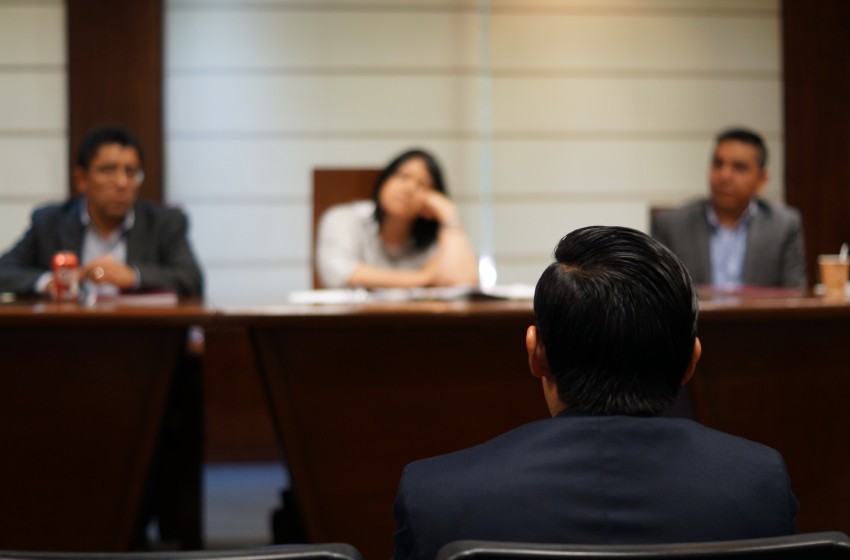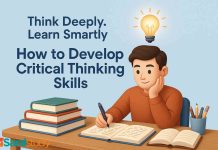Teacher is no more a generic term. And a teacher educating kindergarten students cannot teach university level ones. As we require the services of a specialized doctor to treat the eyes or the limbs, so we need specialized teachers suited for different children categories. The training and learning of the teacher is dependent on the field of specialization, offered by the teaching institutes.
Kindergarten Teachers:
They have to be specially trained to deal with young kids below the age of five. They have to be highly sensitive, sympathetic and kind and have an understanding of child psyche. It is not an easy job dealing with small children as they can be highly unpredictable, throw tantrums, be very shy or introvert, or may miss their parents and not communicate or mix with other students. An able teacher is able to shed the child’s apprehensions, fears and shyness, and make them learn the lessons.
School Teachers:
Children between the age group of 6 – 17, and are full time students of an educational institution, require a school teacher. There may be divisions in this as well, with a specific teacher for each subject. A mathematics teacher cannot teach history. The skills required are the ability to explain concepts, to discipline, to improve the quality and value of education, and make it an enriching experience.
Professor/Lecturer:
A higher level of study, that is after high school, beginning at the undergraduate level, to PhD, feels the need of a Professor. This group I highly qualified and specialized, with immense knowledge base. They are able to move on from the basic concepts learnt at school, and concentrate on the depths of knowledge, the more grave topics and the vast ambit.
Teachers for Differently Abled:
Differently abled can mean visually challenged, or hearing impaired, or physically handicapped, etc. The need for a teacher is different for each disability. And such teachers have to learn the art of imparting knowledge in the mode that is understood by the particular group of students. Like for example the knowledge of Braille for visually challenged or sign language for the hearing impaired.
Teachers for Mentally Challenged:
A highly sensitive field of work is that of a teacher for the mentally challenged children. Communication has to be in the mode they understand, and what it requires is special training, knowledge about mental illness, lots of patience, empathy, and a will to better the condition of the students. The upliftment of such children so that their talents can be brought out and they can occupy a niche in the social setup, is the aim of the teachers.
Personal Tutor:
A personal tutor is to either train students in subjects they are weak at and do not completely understand in school, or to teach students who pursue education from home. Though quite a tradition in the West earlier, the latter has lost significance and popularity today, as against the concept of regular schooling.
Spiritual/ Religious Teachers:
Spiritual teachers impart knowledge of the religions and spirituality. Every religion has its teachers, for example the guru is Hinduism, maulvi in Islam, etc. The spiritual teacher can also be one who does not educate on religion, but the deeper meaning of life, the philosophy of living or way to lead a fulfilling life. Such teachers seek all round growth and well being of the shishya (student).
Sports Teachers:
They impart education and practical training in sports. Most of them are sports persons, but even otherwise, they know everything about the game they teach. And it is not only theory but the skill to gain expertise in that sports is taught. It also includes exercise, practice, competitions, etc.
ECA Teachers:
Like sports teachers, extra curricular teachers, are meant for the specific arts, talents or skill development. It can be craft, painting, singing, dancing, elocution, dramatics etc. and they have to be trained in the specific art themselves to be eligible to teach. Today, every school has a skill development as part of the curriculum, and so the demand for ECA teachers is only increasing.
Substitute Teachers:
Substitute teachers, as the name suggests are only to fill up the gap created when a permanent teacher is on leave or during the initial years of work.





